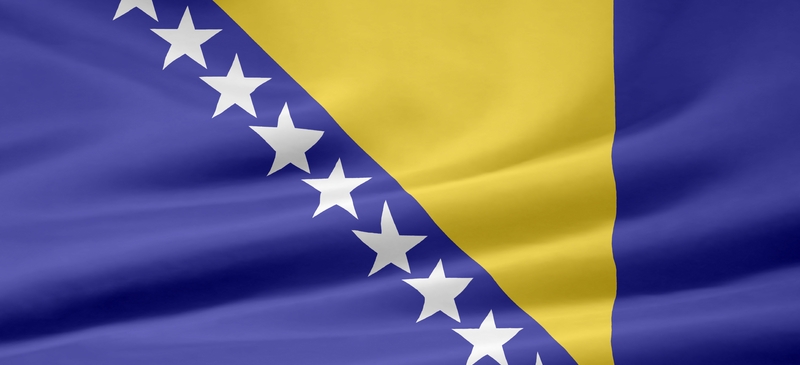
Bosnia and Herzegovina still divided 15 years after war
Tomas Valasek, of the London-based Centre for European Reform, said the war in Bosnia has continued by other means, such as politics. "When I return to Mostar I'm surprised by how little healing as taken place. Speaking to the locals you realise there is a great deal of animosity. For example in the Croat part of Mostar there is an unusually tall church tower and locals say it was built to compete with the minarets [on the mosques] in the Muslim side of the city," he told CNN. Valasek said that the EU and other world powers have failed to leverage the financial and political power they hold in the area into Bosnian political stability. He adds that there are three reasons for many ruins still littering the landscape of Mostar and other parts of Bosnia: "The economy is still weak, there is political corruption and communities use damaged buildings as physical mementos to make a political statement."
